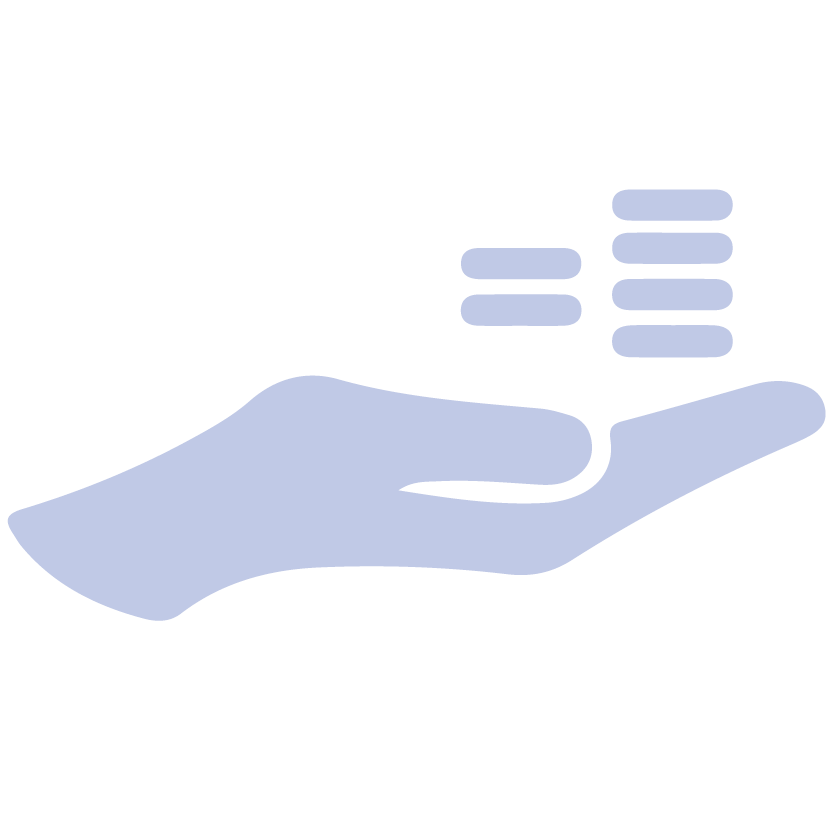Waache Wasome “Let them Learn”
Empowering girls and young women in Tanzania with protective assets and supporting them to complete their education and take control of their futures.
Empowering girls and young women in Tanzania with protective assets and supporting them to complete their education and take control of their futures.
USAID
5 COUNCILS IN NORTHERN TANZANIA
2016 - 2022
Designed to support education retention of adolescent girls through an inclusive, human-centered design, the 5 ½-year Waache Wasome project has impacted thousands of Tanzanians students and their teachers and caregivers. In addition, the initiative has produced nationally adopted models and materials that foster safer schools, address gender-based violence, and enhance family capacity and commitment to girls’ education.
Implemented in collaboration with the Government of Tanzania, local partners, and communities, and funded by the US Agency for International Development, Waache Wasome delivered a comprehensive package of knowledge, skills, and norms-change interventions in 108 secondary schools and their surrounding villages (459 in total). Multi-layered inputs designed with and for girls and young women enhanced adolescents’ agency while also transforming family dynamics, household economic resilience, teacher skills and practices, and educator attitudes towards gender.
Core Activities and Results
Developing adolescents’ agency and protective assets
 16,902 students (60% girls) built self-esteem and essential life skills such as goal-setting, communications, and decision-making through membership in Protect Our Youth (POY) Clubs. Guided discussions and activities helped POY Club members address negative gender norms and school-related gender-based violence (SRGBV).
16,902 students (60% girls) built self-esteem and essential life skills such as goal-setting, communications, and decision-making through membership in Protect Our Youth (POY) Clubs. Guided discussions and activities helped POY Club members address negative gender norms and school-related gender-based violence (SRGBV).
29,000 – 35,000 additional students (plus caregivers and community members) reached annually with protective asset messaging through interactive, topical activities initiated by school-based POY Clubs. These included SRGBV-prevention campaigns, debates, and original songs and dramas.
1,084 students – 50% girls — trained and mentored in leadership and facilitation skills in their role as club peer leaders
Fostering safer, girl-friendly school environments and practices
More than 2,300 teachers equipped with skills to address school-related gender-based violence, establish positive communication, and effectively use WEI’s Dropout Early Warning System (DEWS) to support at-risk students. School boards of all 108 schools received governance training and similar SRGBV-prevention inputs.
More than 24,500 students (>50% girls) engaged in opportunities to enhance participation and performance in STEM (science, technology, engineering, and mathematics):
Improving Household Economic Capacity and Commitment
 15,657 community members (75% women) enrolled in >740 LIMCA savings and lending groups over the life of the project. Through contributing their own resources on a weekly basis, these members cumulatively achieved the following:
15,657 community members (75% women) enrolled in >740 LIMCA savings and lending groups over the life of the project. Through contributing their own resources on a weekly basis, these members cumulatively achieved the following:
Among active LIMCA members:
73% (540) of LIMCA groups are officially registered with the government, and have been handed over to local councils for continued support and sustainability of the activity.
Facilitated Alternative Pathways for Highly Vulnerable Out-of-School Girls
1,891 adolescent girls and young women enrolled in project-supported Out-of-School Support Groups (OSSGs), where they developed key life skills and protective assets.
1.097 girls were empowered with business and work readiness skills, and supported to identify business opportunities or linked to apprenticeships/jobs.
576 girls formed 44 Youth Savings and Lending Groups (adapted from our LIMCA model), and were supported to register and received ongoing support from local councils.
Sustainability and Continuity
Close collaboration with local and national government was a hallmark of Waache Wasome. To consolidate project gains and transition oversight, the project worked closely with “focal persons” in each Council — an Education Officer for in-school activities and a Community Development Officer on out-of-school activities. In conjunction with the Tanzania Institute of Education, the project team produced a core set of training modules that are now approved for national use in any government secondary school. These include:
A set of three manuals for the POU (Protect Our Youth) platform:
A set of two professional development modules on SRGBV:
Read more about Waache Wasome project results, learning, and legacy here.